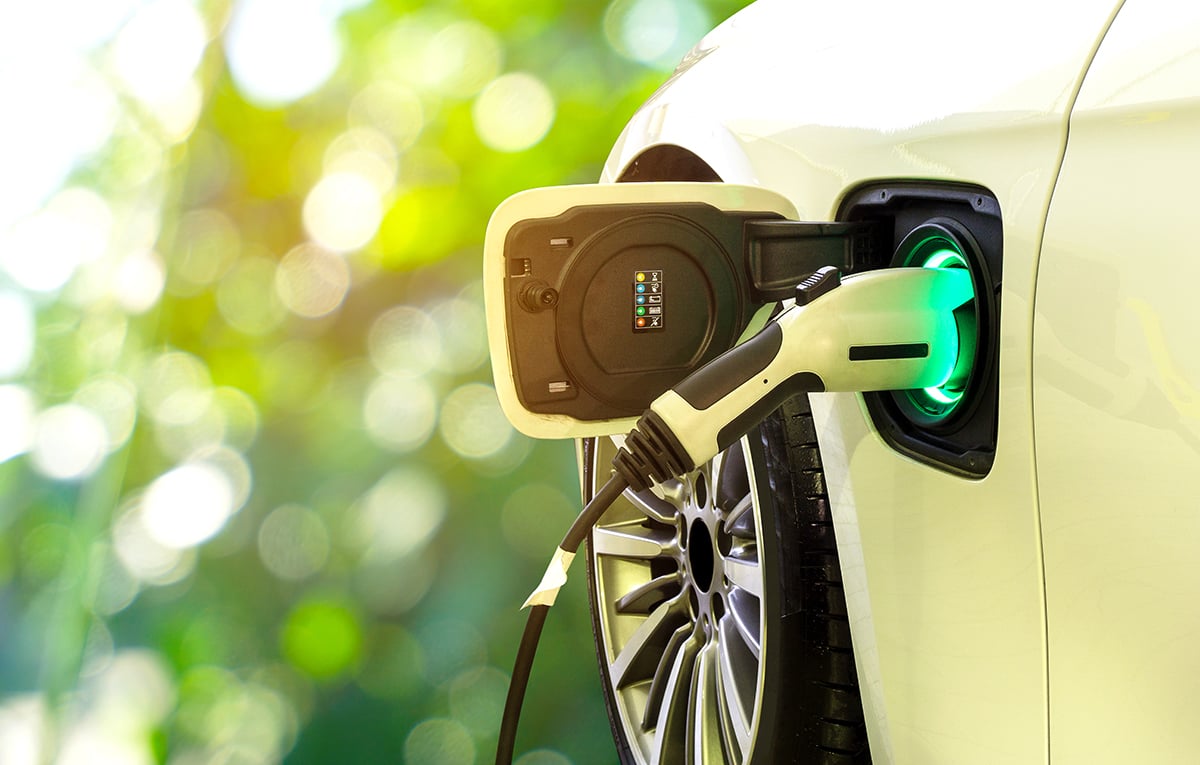Getting a new product off the ground, mainly when it involves groundbreaking technology, is always a tough mission. Amid economic volatility, supply chain disruptions, and rising interest rates, the task becomes even more daunting for EV startups like Rivian Automotive Inc., Fisker Inc., and Lucid Group Inc. as they grapple with demanding investors.
Fisker and Lucid had to downgrade their annual production forecasts earlier this week. Rivian, on the other hand, maintained its production targets for 2023, though not without attracting skepticism. One analyst even likened Rivian’s prospective path to navigating a precarious tightrope.
Analyst Chris McNally from Evercore ISI recently noted that Tesla Inc. remains the sole proven success in the EV startup sphere. He emphasized that these startups will inevitably face fluctuating fortunes as investors monitor their progress on the rocky road toward sustainable production and scalability.
The current business climate is significantly distinct from when these EV startups commenced operations, observes Michelle Krebs, an analyst at Cox Automotive. At that time, low-interest rates and significant investor funds were there for the taking.
“However, access to such funding has diminished,” Krebs remarked, “Investors are growing impatient, seeking tangible results, which are currently lacking.”
Krebs added that these startups may have also miscalculated the financial requirements for launching an EV company and could be nearing a cash crunch when funding is scarce.
Established automakers can afford to absorb losses on EVs, owing to their steady revenue streams from other sectors. For instance, Ford Motor Co. anticipates its EV division to lose $3 billion this year. Tesla, too, took about a decade to become profitable.
Last week, Lordstown Motors Corp. cautioned it might deplete its cash reserves as its alliance with Taiwanese electronics manufacturer Foxconn seems deteriorating.
The challenges of vehicle launch are not exclusive to EVs. However, Krebs noted that the pioneering technology adds more difficulty.
Notably, Ford has faced numerous recalls and issues with its Explorer SUV. Tesla and General Motors Co. have also dealt with EV recall, with GM recalling all Chevy Bolts produced to replace their batteries.
In a recent survey, J.D. Power found that recall issues and prolonged service times for EVs led to the first drop in its customer service satisfaction index in nearly three decades. The survey also revealed that EV owners reported lower satisfaction levels with car services than traditional vehicle owners.
The complexities associated with manufacturing and maintaining EVs are not just confined to new startups. Even industry giants like Tesla and General Motors have grappled with their fair share of setbacks, emphasizing that the journey to a sustainable EV market is littered with challenges.
The issues these startups face also highlight the critical importance of adequate funding, particularly during the early stages of a company’s existence. As Michelle Krebs from Cox Automotive pointed out, these companies may have underestimated the capital required to get their operations off the ground and are now feeling the pinch.
The situation is further exacerbated by investors, who were once freely pouring funds into EV startups, now tightening their purse strings. As investors’ patience dwindles, these EV startups find it increasingly difficult to secure the funding they desperately need to keep their operations afloat.
Despite these challenges, it’s worth noting that legacy automakers such as Ford Motor Co. can afford to take a hit on their EV investments due to their established revenue streams from other business segments. This financial cushion, unfortunately, is not a luxury that new EV startups can rely on.
Meanwhile, Lordstown Motors Corp.’s recent warning that it could run out of cash serves as a sobering reminder of the precarious financial situation many of these startups find themselves in. The company’s strained relationship with Foxconn, a major electronics contract manufacturer, only adds to their woes.
While these challenges are daunting, it’s important to remember that they are not exclusive to the EV industry. Traditional automakers have also faced numerous recalls and problems with their vehicles. However, integrating relatively new technology in EVs adds a layer of complexity to these issues.
As per a recent survey by J.D. Power, customer satisfaction among EV owners is lower than among owners of traditionally powered vehicles. This dip in satisfaction was primarily attributed to recalls and prolonged service times for EVs, marking the first drop in its customer-service satisfaction index in nearly 30 years.
Despite these hurdles, the EV industry continues to represent a promising growth area. As technology advances and these companies gain more experience, we’ll likely see improvements in both the production and service aspects of the EV market. The road ahead may be treacherous, but it’s undoubtedly not impassable.







